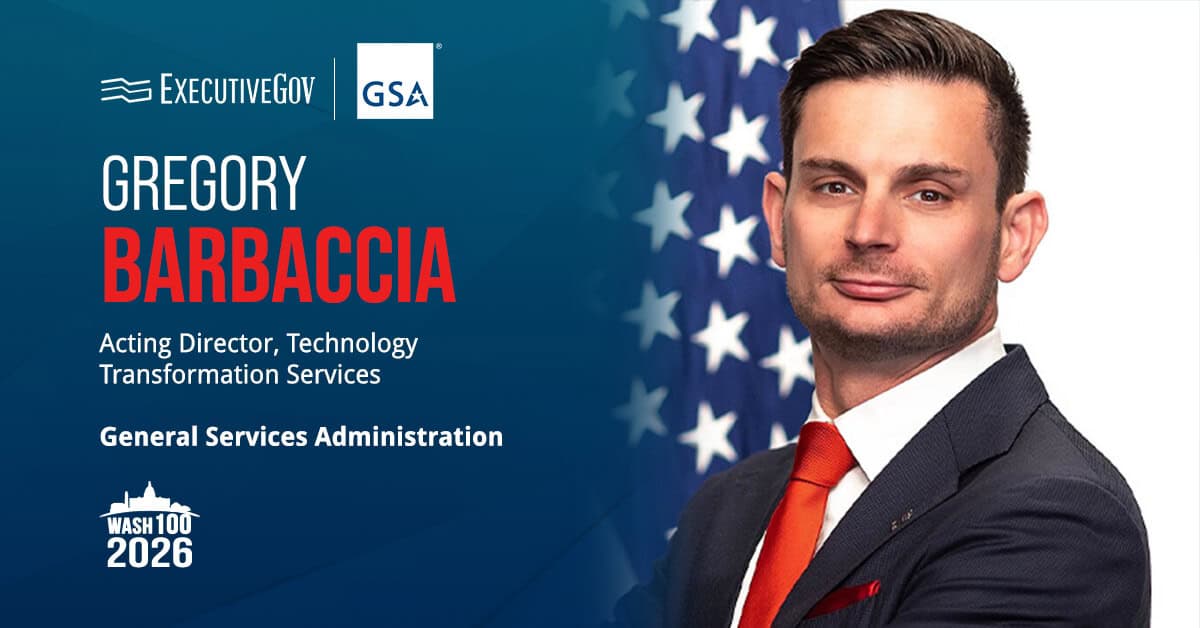
The Senate voted 54-45 Thursday to confirm Gina Haspel, formerly deputy director of the CIA, as the first female director of the agency, Politico reported Thursday.
Haspel will succeed Mike Pompeo, who assumed the secretary of state role in April following his Senate confirmation.
She has held various roles at the agency such as head of the National Clandestine Service and chief of staff to Jose Rodriguez, former director of the counterterrorism center, according to Biography.com.
The 33-year CIA veteran is a recipient of numerous awards including the Presidential Rank Award and the Intelligence Medal of Merit.





